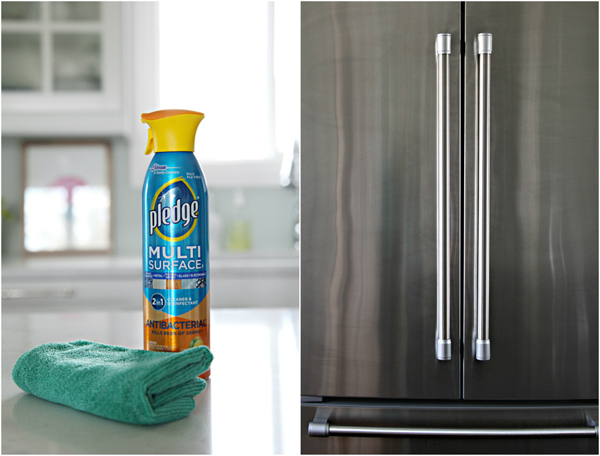Jul . 27, 2024 19:41 Back to list
High Quality API 5L Carbon Steel Pipe in Various Sizes for Reliable Industrial Applications
High-Quality API 5L Carbon Steel Pipe A Comprehensive Overview
The API 5L specification is a standard developed by the American Petroleum Institute (API) that covers the manufacturing of pipeline steel. Specifically designed for the transportation of oil and natural gas, API 5L pipes are known for their reliability, durability, and resistance to various environmental conditions. Among the diverse range of carbon steel pipe dimensions available, sizes such as 5L x 46, 52, 56, and 60 provide critical options for various industrial applications.
Understanding API 5L Specifications
API 5L categorizes steel pipe into different grades, primarily to indicate their strength and intended application. Grade levels such as X42, X52, X56, and X60 denote the yield strength of the material, measured in thousands of pounds per square inch. As you progress through this grading system, each increase corresponds to a higher strength, which translates into enhanced performance for demanding conditions.
- X46 This grade features yield strength around 46,000 psi, making it suitable for transporting gas and oil in relatively mild conditions. - X52 With a minimum yield strength of 52,000 psi, this grade is preferable for more robust applications, where higher pressures and harsher environments may compromise integrity. - X56 This grade is capable of withstanding yield strengths of 56,000 psi, thus finding its utility in complex pipeline systems where safety and reliability are paramount. - X60 The most robust among the mentioned grades, X60 pipes can handle pressures up to 60,000 psi, suitable for high-stress industrial applications.
Applications of API 5L Pipes
The application of high-quality carbon steel pipes, such as those compliant with API 5L standards, spans a multitude of industries. Most prominently, these pipes are utilized in the oil and gas sector for transporting raw materials from extraction points to processing facilities. Their excellent durability ensures they can handle harsh environmental conditions, including extreme weather and corrosive substances.
high quality api 5l x46 x52 x56 x60 carbon steel pipe

Moreover, API 5L pipes are also used in water supply projects, structural applications, and even in civil engineering for foundation work. The versatility of these pipes is one of the reasons they are in high demand across various sectors.
Quality Control and Manufacturing Processes
The manufacturing of API 5L pipes involves stringent quality control procedures to ensure that each pipe meets the required specifications. Processes such as non-destructive testing, hydrostatic testing, and x-ray inspections form an integral part of the production protocol. These measures ensure that any potential flaws or weaknesses are identified before the pipes are deployed, thus guaranteeing safety and reliability in practical applications.
Furthermore, the selection of carbon steel itself is critical. High-quality steel with low impurities enhances the overall performance of the pipes, making them resistant to corrosion and wear. Companies that invest in advanced manufacturing technologies and adhere to API 5L standards typically produce the most reliable and durable pipes in the market.
Conclusion
In conclusion, high-quality API 5L carbon steel pipes, such as those categorized under sizes 5L x 46, 52, 56, and 60, represent the backbone of modern infrastructure in the petroleum and natural gas industries. Their well-defined grades not only assure their strength and reliability but also cater to a wide array of applications in harsh environments. Companies relying on these pipes benefit from a reduced risk of failure and enhanced operational efficiency, making them a wise investment for any industrial operation. As the demand for energy resources continues to grow, so too will the reliance on these essential components of energy transfer.
-
High Quality Mild Steel Pipe Manufacturers in China for Exporting Premium Industrial Solutions
NewsAug.01,2024
-
Exploring Key Characteristics of Wholesale API Steel Pipes for Your Business Needs
NewsAug.01,2024
-
Current Wholesale Prices for ERW Steel Pipes in the Market Right Now
NewsAug.01,2024
-
Exploring the Diverse Applications and Benefits of China Round Steel Pipes in Construction and Industry
NewsAug.01,2024
-
Top Quality API 5L ERW Steel Pipe Manufacturer Offering Reliable and Durable Solutions for Your Needs
NewsAug.01,2024
-
Reliable Supplier of Premium Quality Concrete Pipes for Durable Construction Projects
NewsAug.01,2024